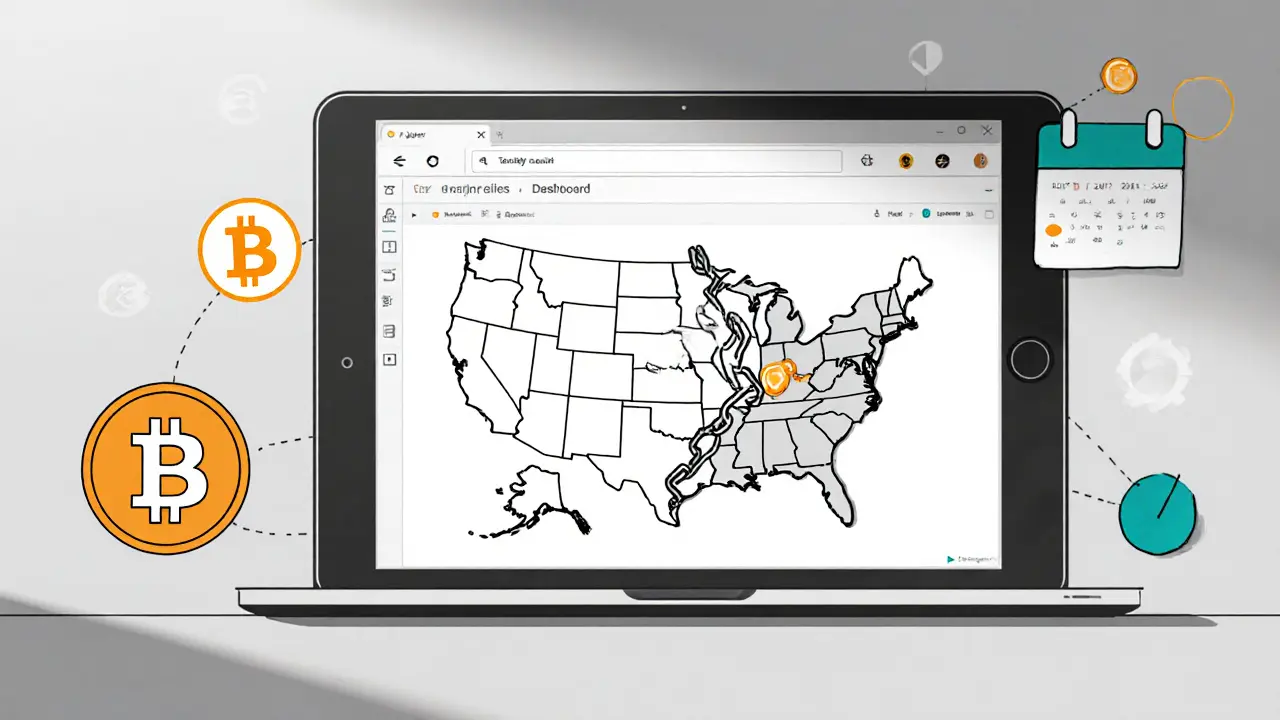Crypto Regulatory Challenges
When working with Crypto Regulatory Challenges, the legal and policy obstacles faced by crypto projects, traders, and exchanges. Also known as crypto compliance hurdles, it shapes how digital assets operate across borders. One major piece of this puzzle is Crypto Sanctions, government measures that restrict crypto transactions with designated parties. Another key factor is FinTech Law, regulatory frameworks that govern financial‑technology services, including crypto. Finally, Crypto Compliance, the set of internal policies and procedures needed to meet legal requirements drives day‑to‑day operations. Understanding crypto regulatory challenges means recognizing that they encompass legal risk, market uncertainty, and enforcement pressure, all of which affect every decision from token design to exchange listing.
At the heart of the issue is the need to balance innovation with oversight. Crypto sanctions influence how projects structure cross‑border payments; they require robust screening tools and real‑time monitoring to avoid accidental breaches. FinTech law varies widely—Mexico’s Ley FinTech, Nigeria’s recent Investment and Securities Act, and the EU’s MiCA each impose different reporting standards, licensing rules, and consumer‑protection mandates. Because of these divergent regimes, crypto compliance teams must adapt processes for AML/KYC, transaction limits, and audit trails on a country‑by‑country basis. The enforcement arm, such as the U.S. OFAC, brings additional pressure by targeting entities that attempt to bypass sanctions, making legal risk management a daily priority. In practice, firms that embed compliance into product design—by using on‑chain identity solutions, automated transaction filters, and transparent tokenomics—can reduce the chance of costly penalties and keep access to global markets.
Below you’ll find a curated set of articles that dive deep into each of these themes. We cover real‑world case studies like Mexico’s FinTech Law, Nigeria’s banking‑ban reversal, and the legal fallout from sanction‑evasion schemes. You’ll also get practical guides on building compliance programs, navigating OFAC rules, and staying ahead of upcoming regulatory reforms. Armed with this knowledge, you’ll be better prepared to tackle the ever‑evolving landscape of crypto regulation and turn challenges into opportunities.

Syria Crypto Sanctions: What the New US Relief Means and Ongoing Compliance Hurdles
Explore how the 2025 US sanctions relief reshaped Syria's crypto scene, the lingering compliance hurdles, user challenges, and future market outlook.
